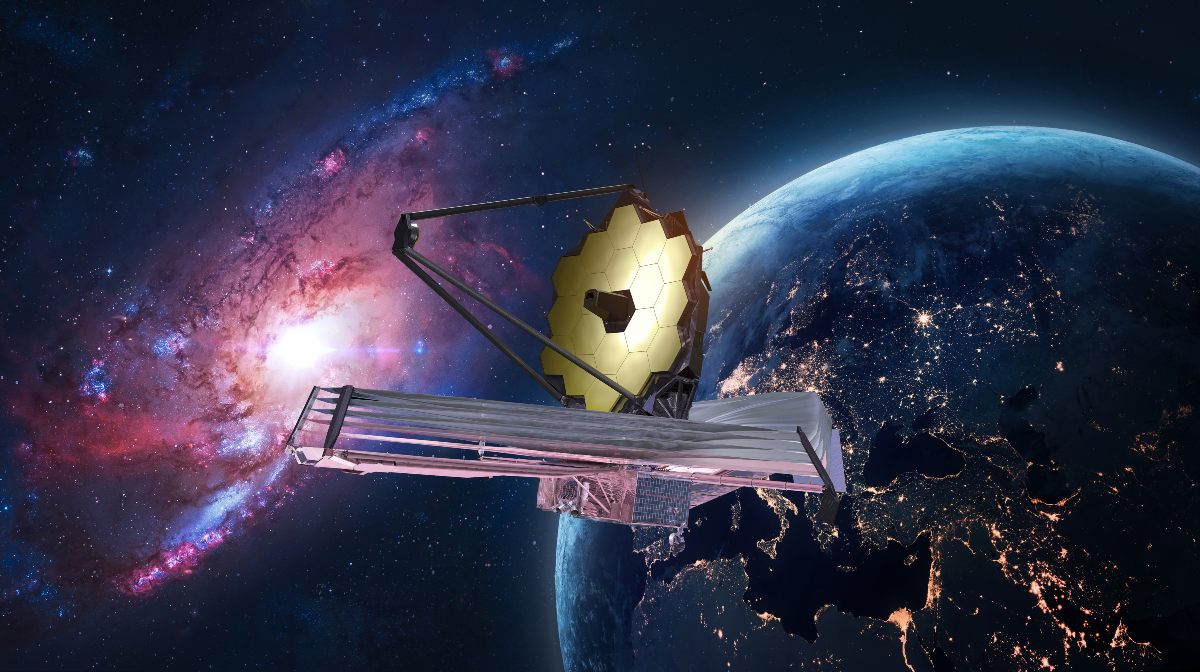Food is one of the greatest future commitments in the face of population growth and the planet’s capacity to feed everyone. Food scientists, along with environmental justice activists, teamed up to draw a map. It aims to end hunger worldwide and, in turn, to preserve the planet. Current numbers speak of some 325 million people suffering from acute feeding problems.
In these times, there was greater inequality in terms of food systems. In many respects, they are fragile and are losing effectiveness in the face of the climate crisis that has been advancing for several decades. RE: WIRED Green was a global event that addressed this issue and tried to give some signs of recovery in terms of what we will bring to our tables.
Ertharin Cousin, executive director and CEO of Food System for the Future, said:
“When we talk about farm-to-table, we need to transform the food system in away that, yes, supports our environment, yes, supports our health, but also provides economic return to all stakeholders in the entire food system.”
This firm is a nutritional impact investment fund that Cousin herself founded. In addition, efforts have been made to address global food insecurity and hunger for two decades.
Washing and ironing clothes will no longer be a tedious chore with a smart closet
Searching for the best food for the future
The Food, Nutrition and Health Investors Coalition (FNHIC) was recently launched. It includes S2G Ventures, FSF and other management partners. This coalition of investment entities is dedicated to minimizing global hunger. The idea is to bring the situation to a minimum through technological innovation. The distribution of US$2.5 billion in new private investments is planned for the next three years.
Among the body of experts at the event, in addition to Cousin, were: Doria Robinson, who as executive director of Urban Tilth was dedicated to community agriculture; Kayla Abe, co-owner of a natural wine restaurant and climate change campaigner in San Francisco; Isha Datar, CEO of New Harvest, a nonprofit cell-based food company; and Magi Richani, director and founder of Nobell Foods, a plant-based dairy company.
This is what the world’s first floating city would look like, welcome to Oceanix City!
Projecting a better future
Each of the speakers at RE: WIRED Green “painted” what a picture of the future of food would look like. There was a prioritization in terms of collaboration, innovation and accessibility. There was also a separate chapter for natural disasters and human conflicts, as generators of an increased threat to food insecurity and hunger.
Cousin understands that “the challenges are coming very frequently and impacting more on our food system, more people in their lives due to the climate crisis.” It was also mentioned that food systems play a role in emitting 25 percent of greenhouse gases. The future of food is at stake and technology is working to improve equality for everyone on the planet.




